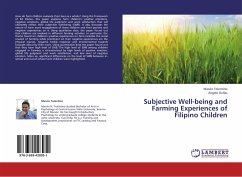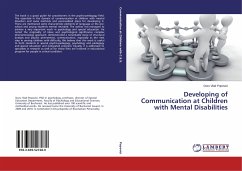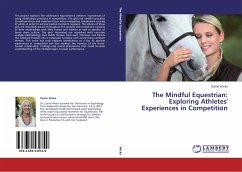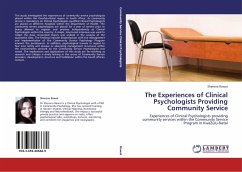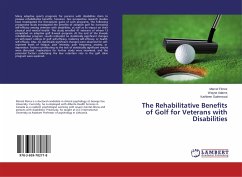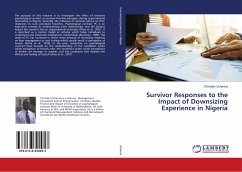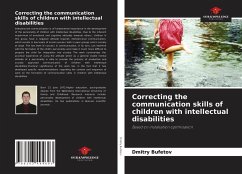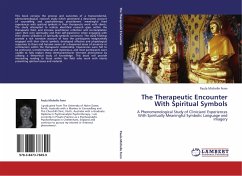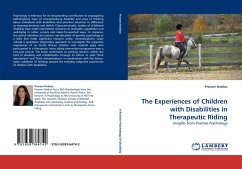
The Experiences of Children with Disabilities in Therapeutic Riding
Insights from Positive Psychology
Versandkostenfrei!
Versandfertig in 6-10 Tagen
52,99 €
inkl. MwSt.

PAYBACK Punkte
26 °P sammeln!
Psychology is infamous for its longstanding contribution to propagating pathologising ways of conceptualising disability and ways of thinking about individuals with disabilities that prioritise attention to difference as meaning deviance and deficit. Characteristically, studies of childhood disability have made intermittent reference to strengths, capabilities and well-being in rather cursory and taken-for-granted ways. In response, the author identifies the nascent sub-discipline of positive psychology as a field that holds significant research utility. Accordingly,this study utilised a quali...
Psychology is infamous for its longstanding contribution to propagating pathologising ways of conceptualising disability and ways of thinking about individuals with disabilities that prioritise attention to difference as meaning deviance and deficit. Characteristically, studies of childhood disability have made intermittent reference to strengths, capabilities and well-being in rather cursory and taken-for-granted ways. In response, the author identifies the nascent sub-discipline of positive psychology as a field that holds significant research utility. Accordingly,this study utilised a qualitative interpretive approach to investigate the subjective experiences of six South African children with cerebral palsy who participated in a therapeutic horse riding intervention programme over a two-year period. The study contributes to existing research within the field of disability and rehabilitation through its efforts to yield "thick descriptions" and "thick interpretations" in combination with the theory- laden validation of findings around the everyday subjective experiences of children with disabilities.





